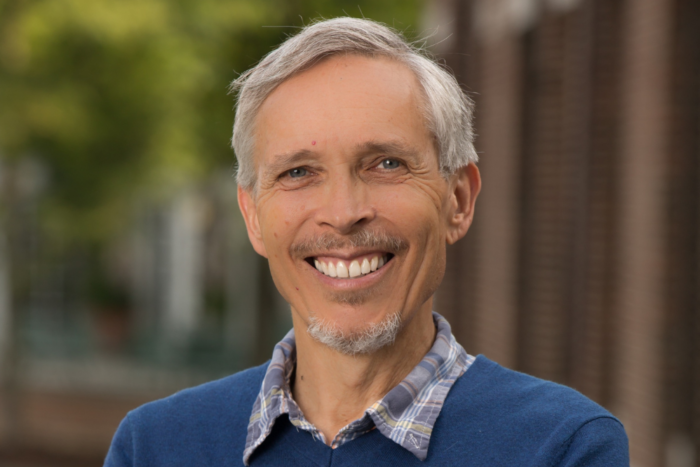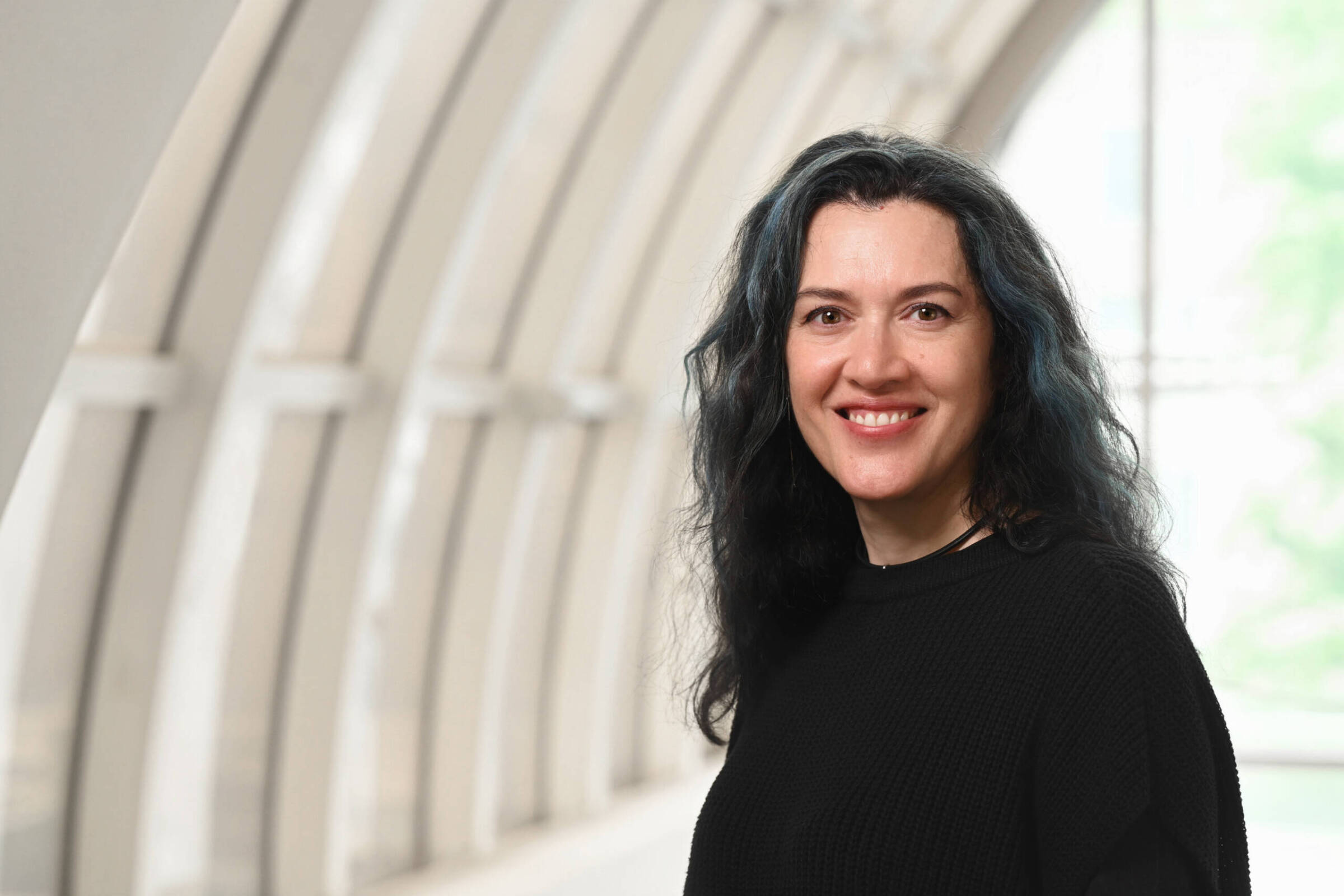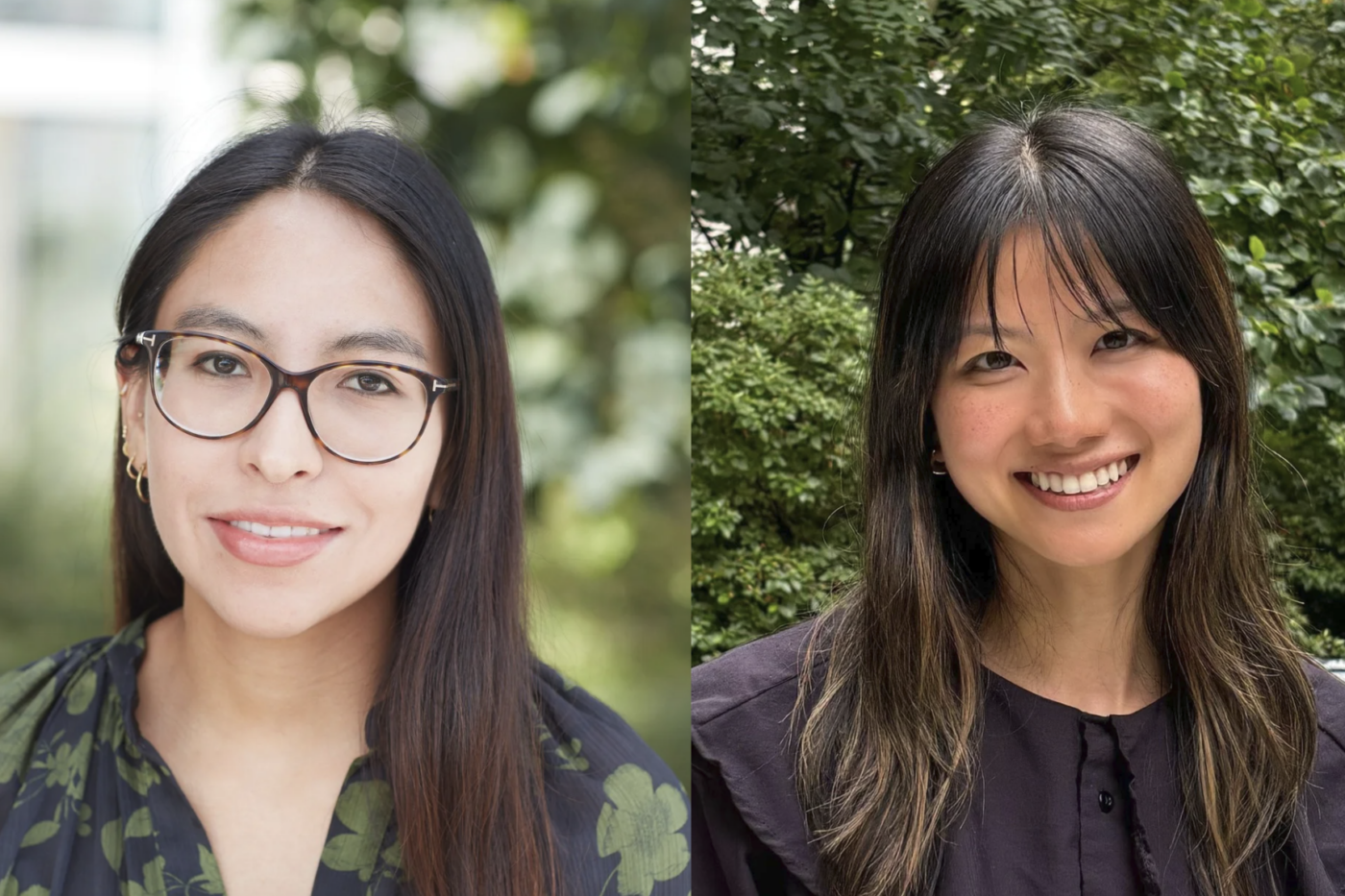Daniel Kronauer chosen as a Pew Scholar in Biomedical Sciences
Daniel Kronauer, head of the Laboratory of Social Evolution, has been named a 2015 Pew Scholar in the Biomedical Sciences. Given by the Pew Charitable Trusts, this award provides funding to young investigators of outstanding promise in science relevant to the advancement of human health.

Daniel Kronauer
Kronauer is among 22 researchers selected by Pew to receive a total of $240,000 over four years.
Launched in 1985, the Pew Scholars Program recognizes applicants from all areas of physical and life sciences related to biomedicine, who demonstrate both excellence and innovation in their research. Since its inception, the program has honored more than 600 such scholars.
Dr. Kronauer uses ants as model systems to study the evolution and behavior of highly social organisms. One aim of his research is to understand how the structure of social networks influences the spread of infections. Animals that live in close quarters, including ants, run the risk of sharing germs, and they often engage in protective behaviors, such as quarantining the sick, to help keep contagion at bay. Dr. Kronauer is using a variety of techniques to explore how group dynamics play into immunity and infection within colonies of ants he has established and whose genomes he has sequenced. His findings could point toward new approaches for preventing or controlling epidemics, such as influenza and Ebola.
Other work in his lab explores the origins of complex animal societies and division of labor, as well as how the composition and network structure of social groups affects group-level properties and fitness.
Dr. Kronauer received his diploma in biology from the University of Würzburg in Germany in 2003 and received his Ph.D. in 2007 from the University of Copenhagen in Denmark. After a brief postdoctoral position at the University of Lausanne, he was elected to the Harvard Society of Fellows in 2008. Dr. Kronauer joined The Rockefeller University as assistant professor in 2011.
He is the recipient of the NIH Director’s New Innovator Award in 2012 and an Irma T. Hirschl/Monique Weill-Caulier Trusts Research Award in 2013. In 2012, he was named a Searle Scholar; in 2013, a Kavli Fellow; in 2014, a Klingenstein-Simons Fellow in the Neurosciences; and in 2015, a Sinsheimer Scholar.


